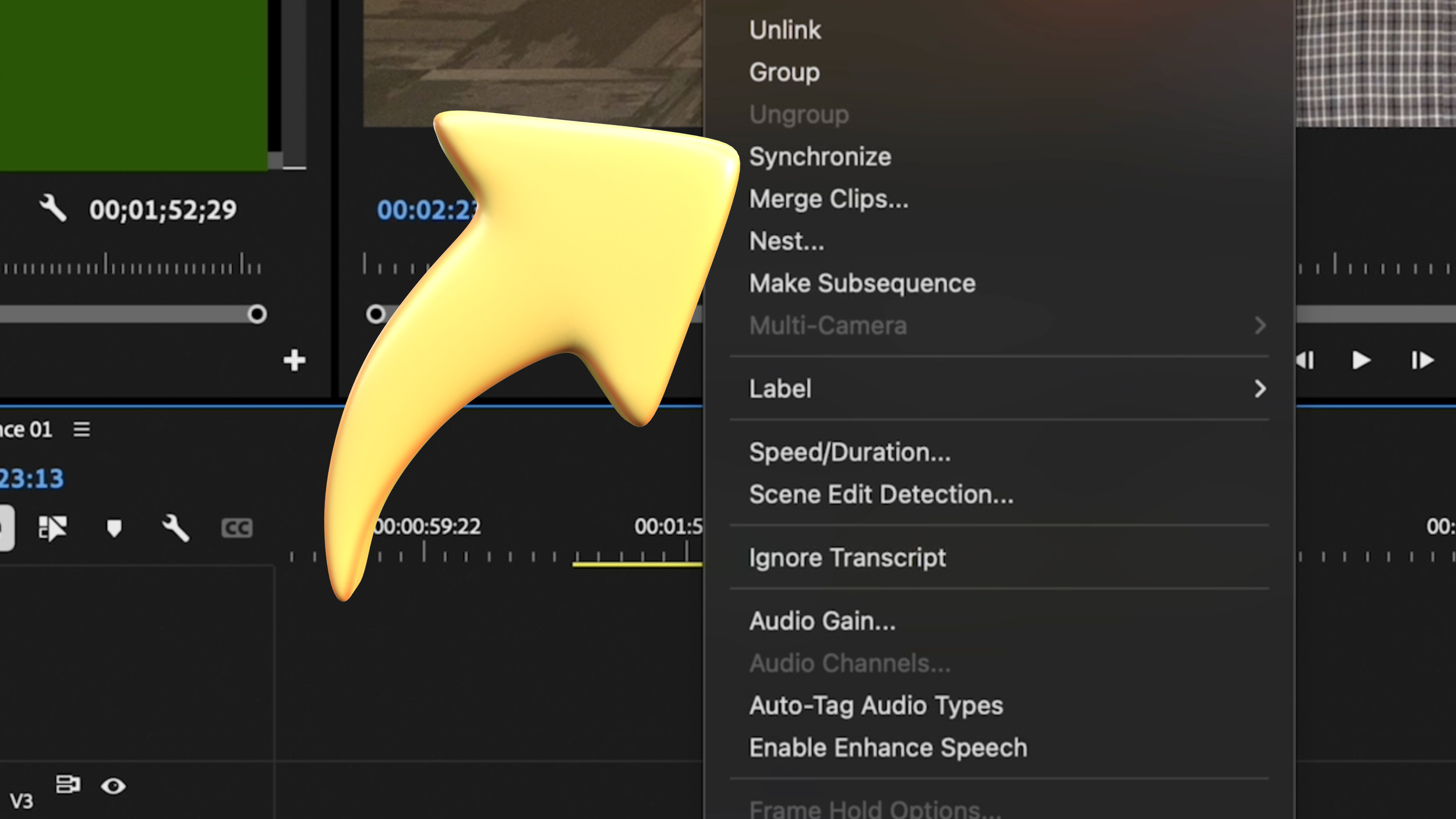CTE Is Not A second choice
(This article may not sit well with some academic teachers as it is very heavily biased towards CTE programs. I had my wife read over this prior to posting and she did take some of the comments in this article as offensive as an academic teacher but she knows where my heart is and understands the overall point of this article.)
I love what career tech educators do and the impact they make on the individual students and their communities. I love that the CTE classroom is most often where a student finds their “why.” Am I biased? Absolutely. Am I ashamed of that bias? Absolutely not.
This article comes from a recent experience where I was completely flabbergasted by the words of a county level administrator. I attended a “stepping up” meeting where an entire community of eighth grade students were presented with the high school options they would have to choose from soon as they registered for their classes. There was a presentation from the different academic groups - AP, IB, and the like. The ROTC was in full force with students in uniform and standing in formation. In Georgia, ROTC is considered CTE though this school didn’t present it as such… which should have been my first clue as to what I was about to experience.
The closing act of the presentation was CTAE. (In Georgia, we use CTAE because agriculture is a substantial part of Georgia’s economy.) The newly crowned district CTAE director was given the microphone, and the night took a turn for me. Their presentation started with “we will never tell a student to not go to college” - strike one. Moments later they stated “CTAE is a great second choice” - strike two. Next, they continued to explain that the options offered are great for those who don’t want to go to college - we will call that a foul ball. Finally, they struck out with me when they went way too far into detail about their daughter’s college experience only to say that a person who works with their daughter didn’t go to college and makes almost as much money as their daughter.
In complete transparency, I am 100% biased in that I think every student that walks the halls of any high school should spend time in a CTE classroom. I also must come clean in that I know every CTE teacher in that building and consider them friends and partners in education. I almost left the meeting. I was blown away. My poor wife got a phone call after the meeting and heard a classic double barrel “Tom White Rant.”
Here’s the deal as simply as I can put it: Academic classes are great. I love them. I am a nerd and some of my best friends (including my wife) are academic course instructors. My belief is that academic courses provide the “what” and “how” of a topic but the ONLY place the “why” of a topic is found is in a CTE classroom. Period. Academic classes can do projects and make presentations, but until an educator with industry experience shares their heart and passion for the topic, the seed of “why” will never land, plant, and grow.
I will step down from my soapbox for a moment and let the numbers speak for themselves. ActeOnline.org has a ton of information about why CTE is essential for students and their communities. The National Alliance for Partnerships in Equity (NAPE) provides the best glimpse into what CTE courses actually provide in their state fact sheets. I am trying to not gear everything toward Georgia so I grabbed some content from random states - seriously, I just blind clicked.
In 2022, in Tennessee, 97% of high school students who participated in CTE programs graduated. 40% of those students who went on to postsecondary CTE education earned a credential, certificate, or degree. In New York, the numbers are a little lower but still extremely impressive - 82% graduated and 20% in postsecondary education received a credential, certificate, or degree. North Dakota saw 90% of CTE students graduate and 37% of postsecondary CTE students received advanced recognitions.
CTE is not what it used to be and the unfortunate problem is that a large portion of secondary education leadership still think CTE courses are for the students that aren’t going to college. My first teaching position had me at a career academy that served three high schools. I worked there for seven years and in that time, there was only one year that a school didn’t have either their valedictorian, salutatorian, or both that attended the career academy and were pathway completers (which means they attended the career academy for three years)! In all honesty, these students were not at their “home school” more than one period a day and in some cases, were never there due to dual enrollment and work based study options.
CTE options are not a second choice or a back up plan for students. They are a primary choice and, in my very biased opinion, the best choice for a student to translate secondary education into post secondary success and ultimately success in the career of their choice. The truth behind CTE is that most CTE courses are not simply a tool to teach a career or trade but instead a lesson in “adulting.” The CTE programs that are most successful challenge students to work with others, meet deadlines, take pride in their work, and most importantly take pride in themselves.
I believe so much in CTE that I am proudly supporting my son engaging in welding courses and encouraging him to choose between continuing his education at a 2-year or 4-year university or not… I am happily going to support his choice.
If you have made it this far, check out the episode of Teaching To The Test Pattern below where I detail a related issue that I took personally.
Meet the Author, Tom White
Tom White is the Broadcast Engineer at Grady College of Journalism and Communication at the University of Georgia. Prior to that role, Tom taught at Morgan County High School and Rockdale Career Academy where he and his student produced thousands of live streams for sports, news, and community events.
Tom’s program at the Rockdale Career Academy received the NFHS Network Program Of The Year in 2016 and his program at Morgan County High School received the New Program of the Year title in 2018.
Tom has been a long time contributor to many publications and is the host of Teaching to The Test Pattern Podcast.











Got shaky footage? No problem! In this quick tutorial, learn how to use Warp Stabilizer in Adobe Premiere Pro to smooth out your shots effortlessly.